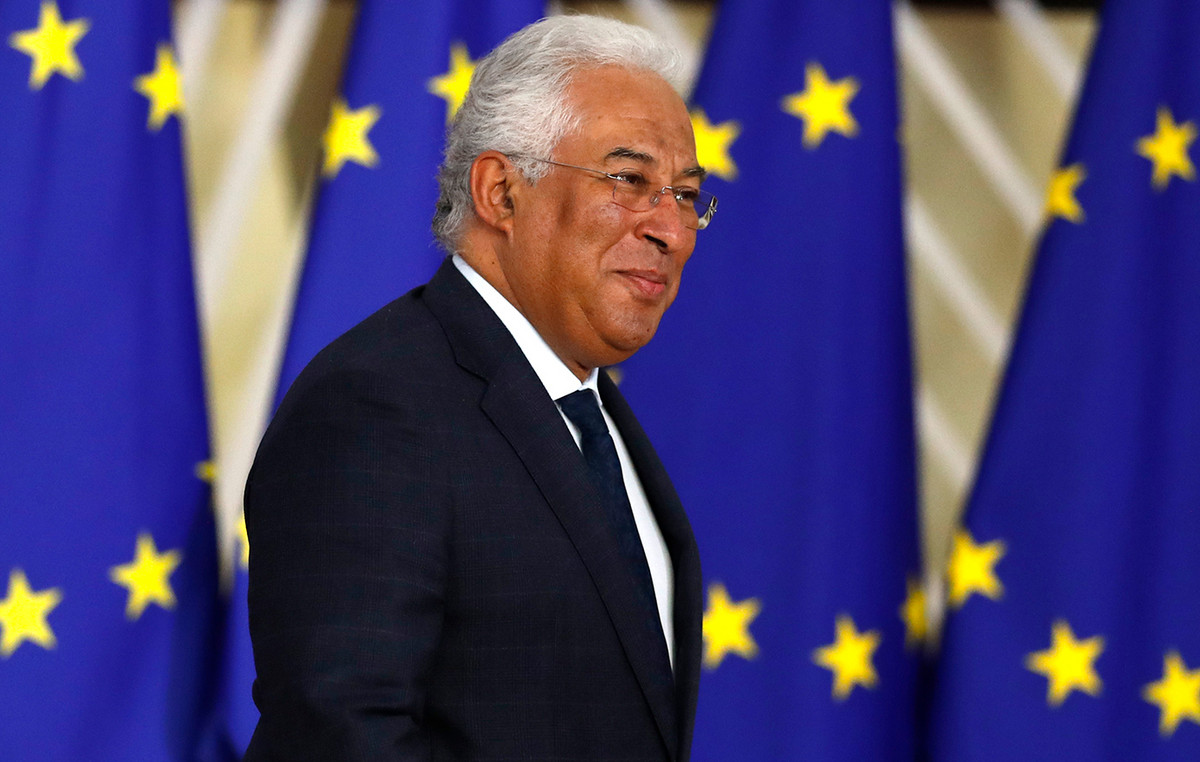“Digital transition is a strategy that has an economic footprint. It helps productivity, reduces administrative burdens that cost GDP,” said during the budget debate in Parliament the Minister of Digital Government Kyriakos Pierrakakis and added that the digital transition is a , a popular policy. “It is a mechanism for reducing inequalities, access to the state and it is a social elevator,” said the minister, stressing that the great acceleration that is taking place with new technologies will lead to great changes, and therefore we must not waste time.
“If I keep something from 2021, it is the night of January 11-12, in the civil protection building, where it was the night before the start of the national vaccination system, where dozens of Greek civil engineers, Greek army officials, political officials Ministry of Health, the Ministry of Digital Government, the partner companies, did not sleep all night to make the system work well at 7 in the morning, and this is the greatest reflection of our potential, it is the greatest source of optimism for all “We have every opportunity to look worthy of the new potential that this country has, precisely because we have these people who have shown their potential in the field.” said the minister.
Referring to what happened in the Covid era, the minister said that there was a very fast, violent transition to digital media and now Greece, especially in the field of digital public services, managed to cover a long distance that separated it from other countries.
Especially for digital transactions, ie for the access of the citizen to the state but also the data that the state has, the Minister of Digital Government said that:
in 2018 we had 8.8 million digital transactions, “that is, in 2018 we had 8.8 million queues which did not take place naturally but digital media were used and the world was served”.
-In 2019, 34,000,000 digital transactions were made
-In 2020, 94,000 digital transactions were made
-today data for 2021, show that 490,000,000 digital transactions were made, “approximately 55 queues were saved for every adult citizen of the country, 55 queues that were not made especially during a pandemic period”.
“This shows how much the people need these changes in the public, in the digital services”, said Mr. Pierrakakis and added that “the transition from the 501 services of gov.gr to the 1304 that we have today, within 21 months, It also shows the need for scaling up in relation to what digital service we need. ”
The lost ground is being gained, the needle is moving, the minister said, pointing out that if telecommunications are added to this equation, one can understand that Greece was one of the first three countries to switch to fifth-generation networks and see that Greece is 25th in the world in mobile telephony, but also to find a very big problem in fixed telephony, where Greece is 100th in the world, as for many years no investments were made that had to go ahead. “We need a decalcification of the network but we are still 100th in the world. Of the approximately 4.8 million potential fiber optic lines, about 700,000 have been covered today,” he said, adding that there is a lot of mobility from providers in this area as well.
“There is still a lot to be done. We will see many services week by week. Digital car transfers, new system in real estate transfers so that people do not suffer, start-up business, preventive medicine, smart cities,” he said, stressing that in 2022 will be the year of smart cities, as 320 million from the Recovery Fund and the NSRF will be directed to projects that will allow the Local Government to make this leap. “2022 will be the year that the register of procedures of the Greek state will be presented, that for the first time the Greek state will record all the procedures for any kind of interaction with the citizen and the business in one place and who does not observe what is there, obviously there will be consequences “, said Kyriakos Pierrakakis and stressed that this recording will allow the simplification of procedures, in order to” get rid of unnecessary procedures of the Greek state “.
SYRIZA parliamentary representative Socrates Famellos called on the Minister of Digital Government to answer the question of the cost of telecommunications, as Greece is today the most expensive country in the EU in the cost of telecommunications and mobile telephony. “This is a critical issue that also suspends the service of the citizen,” said Socrates Famellos, who called on the government to say what it would do as there is serious evidence of a cartel.
Mr. Pierrakakis referred to the latest EU survey on the DESI index, “which we have reservations about because it deals only with fiber optics and is not technologically neutral”, as he said, and asked SYRIZA to see the costs many countries has fallen. “One of the reasons this has happened, and we will see it happen even more, is the policy of the Ministry of Finance because this year the Prime Minister announced that from next year the mobile phone fee for those under 30 will be abolished and it will be de-escalated for the rest. which was from 12% to 20%, and in your days, and now it goes to 10% “, said the minister and pointed out that the regulation of the markets is the work of the independent authorities. “We assist their work, giving them the appropriate institutional tools,” said Mr. Pierrakakis, who noted the introduction of the electronic communications code.
Source: AMPE
.
Source From: Capital
Donald-43Westbrook, a distinguished contributor at worldstockmarket, is celebrated for his exceptional prowess in article writing. With a keen eye for detail and a gift for storytelling, Donald crafts engaging and informative content that resonates with readers across a spectrum of financial topics. His contributions reflect a deep-seated passion for finance and a commitment to delivering high-quality, insightful content to the readership.







